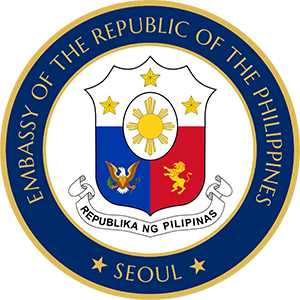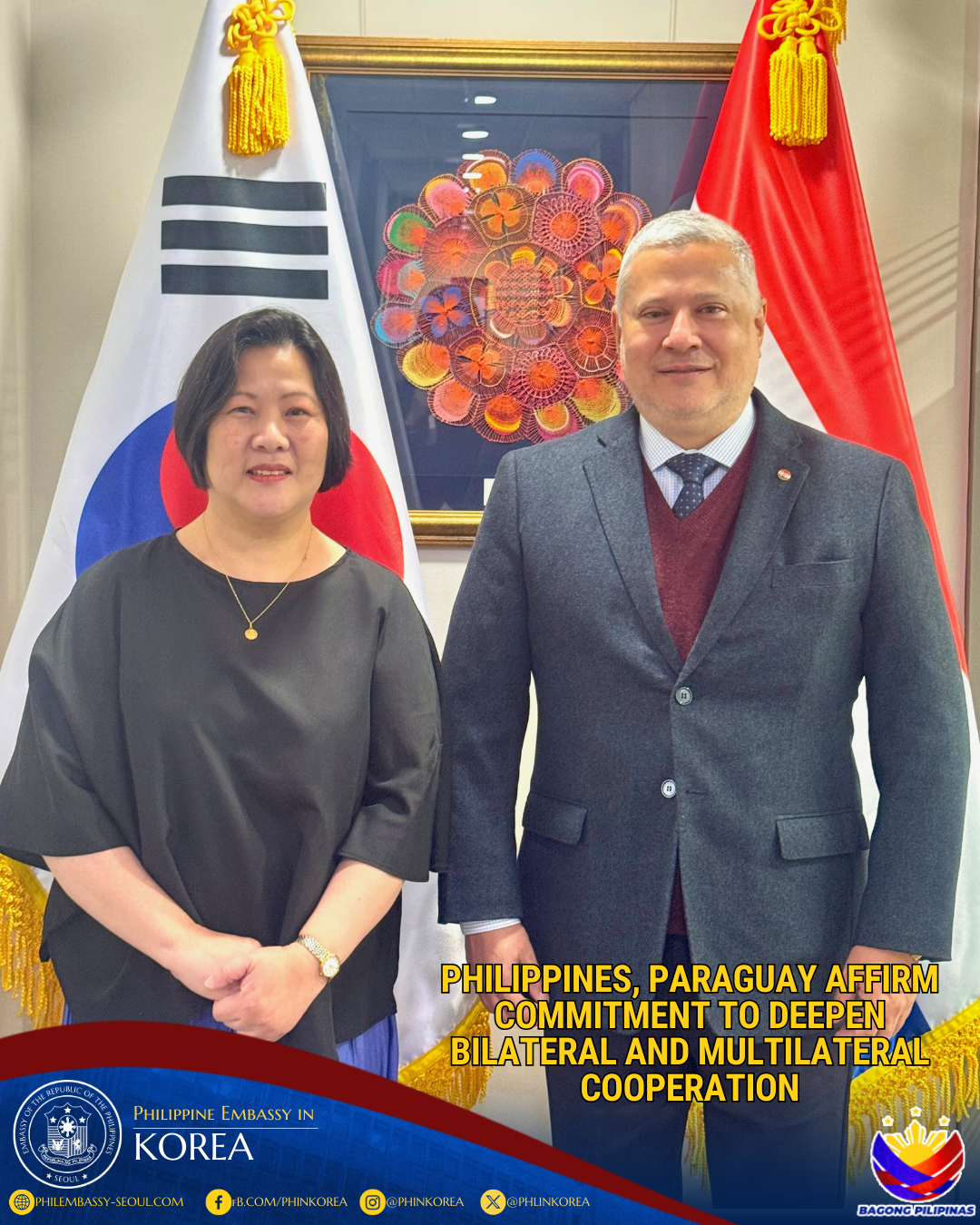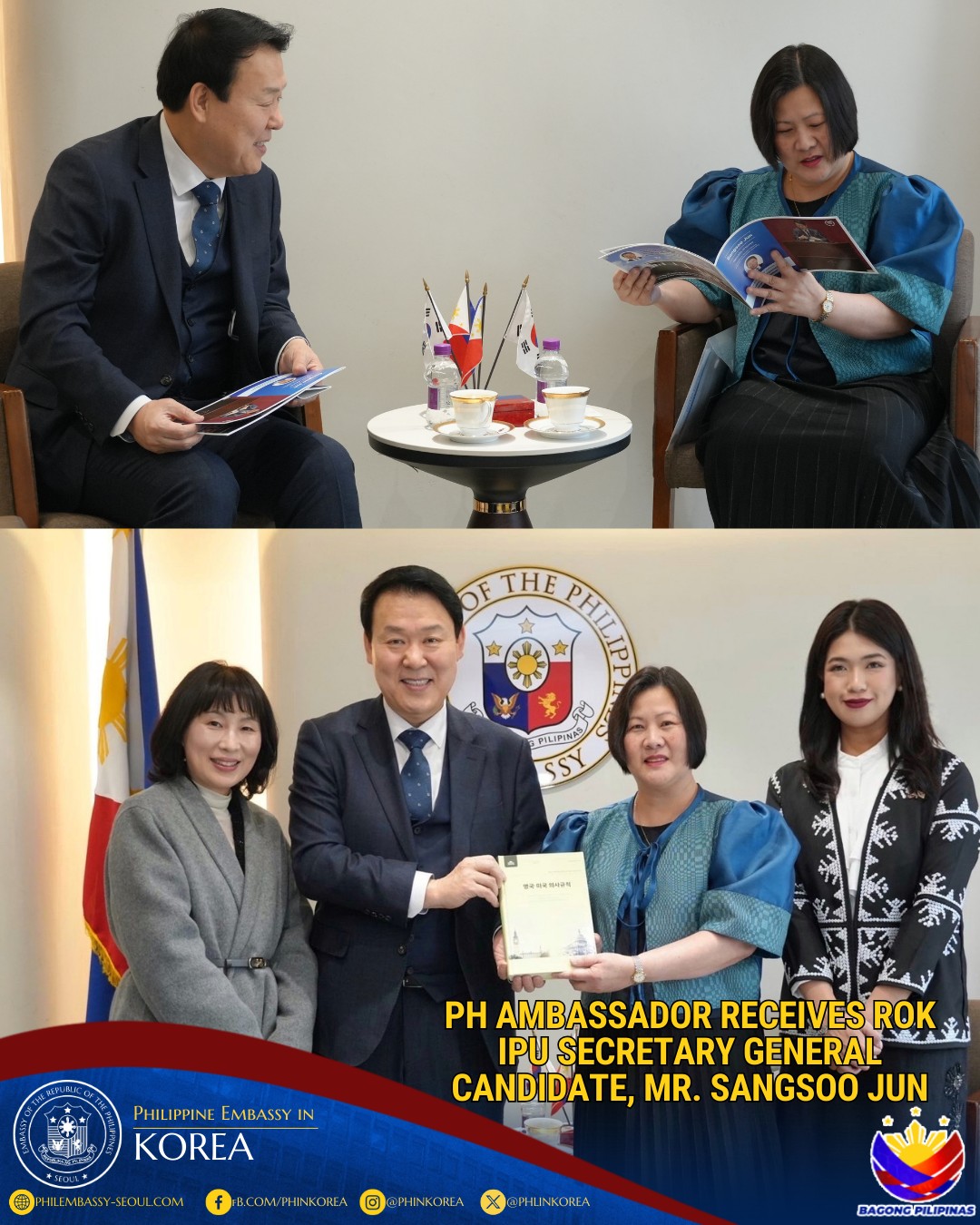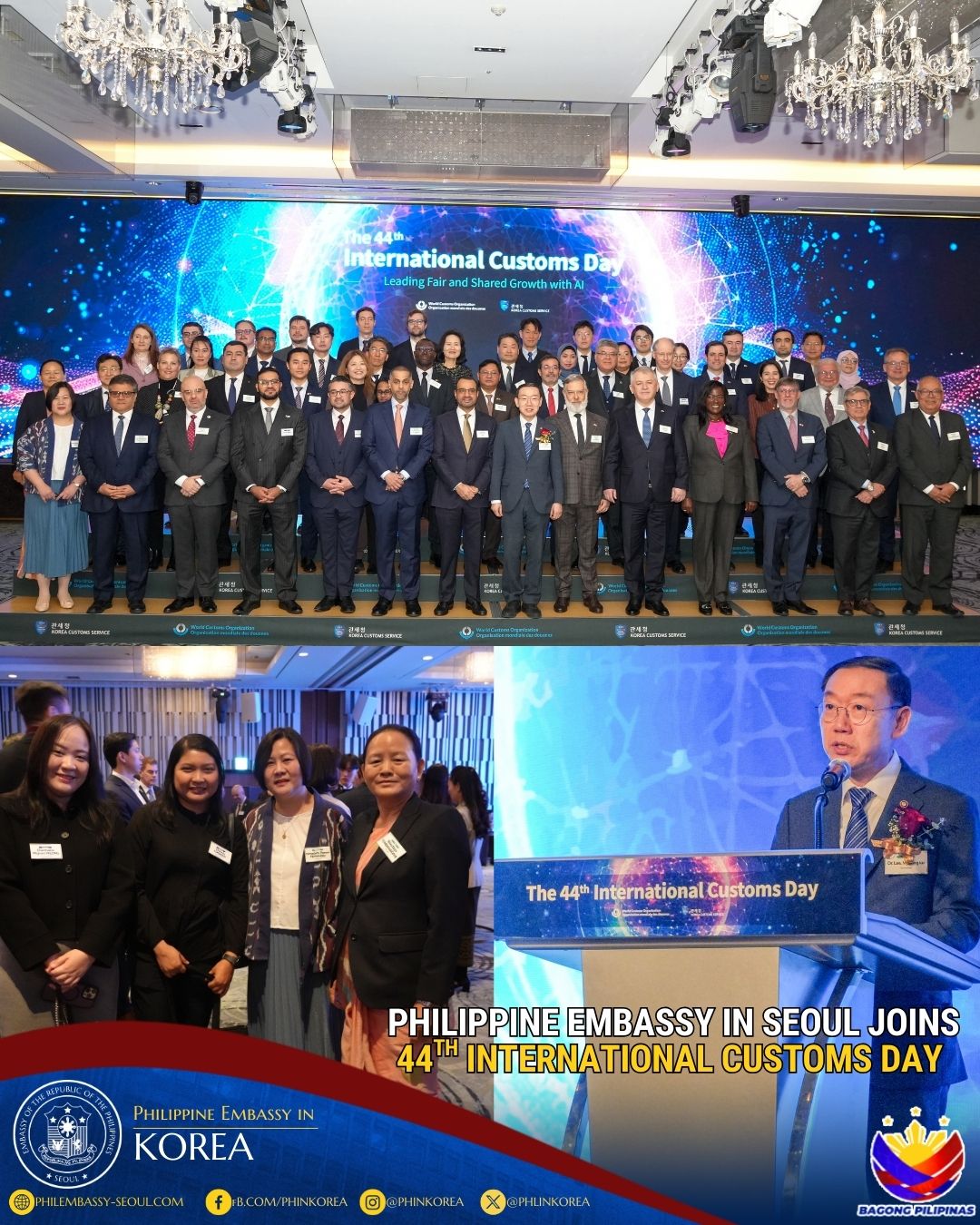Significance of the ASEAN-Korea Commemorative Summitvagifem erfaringer vagifem 25 mg vagifem 10
Excellencies, Guests, Ladies and Gentlemen: Before I begin, I wish to thank the Korean Institute of Southeast Asian Studies and the Jeju Peace Institute for organizing the 12th ASEAN Forum. As previous speakers have noted before, ASEAN and Korea have reached a milestone in their relations with the 20th anniversary of the establishment of dialogue relations this year.
Reaching twenty years of close ties, watching the evolution of our relations from one with limited scope to the broad-based cooperation we now have, planning for longer-term collaboration—these are no mean feats. Anniversaries provide landmarks in time that allow us to evaluate where we stand, who we are, why we cooperate and how we move relations forward. That we reached twenty years despite the myriad challenges of a globalized world is reason enough to celebrate. In my brief presentation entitled “Significance of the ASEAN-Korea Commemorative Summit,†I will go into detail about why the upcoming Summit to be held here in Jeju on 1-2 June 2009 is an historic and momentous occasion. To give context to our lecture, let me first give a very brief background on the relationship between ASEAN and South Korea. ASEAN was established on 8 August 1967. Its aims include the acceleration of economic growth and socio-cultural development among its members, and to ensure regional peace and stability. South Korea was the first Sectoral Dialogue Partner of ASEAN in 1989 and the focus of the cooperation was on the areas of trade, investment and tourism. In July 1991, Korea became a full dialogue partner of ASEAN. Relations expanded to the political arena when South Korea joined the ASEAN Regional Forum (ARF) in 1994. The cooperation was further elevated when Korea extended development assistance programs through two funds: the ASEAN-ROK Cooperation Fund, which focused on capacity-building and economic programs; and the Future-Oriented Cooperation Project Fund, which concentrated on such areas as youth development, media, women’s rights and the environment. Recognizing that ties have grown steadily closer after 15 years, ASEAN and South Korea issued a Joint Declaration on Comprehensive Cooperation Partnership in 2004. A Plan of Action was adopted to provide concrete actions to implement the Joint Declaration. The plan of action was so comprehensive it covered all areas and actively supported ASEAN’s goal of becoming a single community by 2015—regionally integrated, competitive and well-equipped to engage a bigger East Asian community. In 2004, South Korea acceded to the Treaty of Amity and Cooperation, which provides rules of procedure for the peaceful settlement of disputes in the region. ASEAN is very supportive of efforts to denuclearize the Korean peninsula, believing that confidence could be built and lasting peace achieved through diplomacy and dialogue. South Korea realizes that ASEAN plays a constructive role in building bridges to North Korea, such as through the ARF (of which North Korea is a member), helping create an environment of trust and confidence conducive to the Six-Party. ASEAN is a major force in strengthening cooperation in East Asia. Other regional frameworks where ASEAN and South Korea cooperate include the ASEAN Plus Three process, the East Asia Summit, the Asia Pacific Economic Cooperation, the Forum for East Asia and Latin America cooperation, and larger supra-bodies like the UN and WTO. These developments permeate the political, economic and socio-cultural workings of the region. Just look at how hallyu, or the Korean Wave, is making its mark in ASEAN countries. The Korean Wave is soft diplomacy at its finest. Only a few years ago, an average Filipino would not be familiar with South Korean society and history. Today, ASEAN peoples are getting a glimpse of South Korea through their television sets, which boldly advertise Korean soap operas. Some of these shows have achieved remarkable success despite the period costumes and dynastic setting, proving that timeless storylines simultaneously break barriers in the region and highlight our undeniable similarities. Globalization, after all, not only makes our economies more closely intertwined but also introduces new areas where the region must cooperate. For instance, transnational crimes such as terrorism, cyber crime, illicit drug trafficking and trafficking in persons threaten regional peace and stability of the region. ASEAN and South Korea recognize that in order for the region to prosper, political and security engagement must be strengthened. And this is precisely what we have been doing these past 20 years. Let me now show you how ASEAN and South Korea have become important trading partners: ASEAN is a major market with great potential. It spans 4.45 billion square kilometers and is home to a population of 570 million. Aggregate GDP is US$1,281.8 billion and the total trade volume is US$1,404.8 billion as of 2008. Trade volume between ASEAN and South Korea posted US$90.2 billion in 2008, showing a 25.5% increase year-on-year. ASEAN is now the third largest trading partner of South Korea, following China and the European Union. ASEAN has been in the 10% range of South Korea’s total trade since 1992. The two sides have signed a Framework Agreement on Comprehensive Economic Partnership between ASEAN and Korea (AKFTA), which provides for an ASEAN-ROK Free Trade Area by the year 2008-2010 for the ROK, by the year 2010-2012 for Brunei Darussalam, Indonesia, Malaysia, the Philippines, Singapore and Thailand, by the year 2016 for Viet Nam, and by the year 2018 for Cambodia, Lao PDR and Myanmar. It is expected by 2015, trade volume between the two will top US$ 150 billion through the ASEAN-Korea Free Trade Area. As of October 2008, 9 ASEAN Member States, namely Brunei Darussalam, Cambodia, Indonesia, Lao PDR, Malaysia, Myanmar, the Philippines, Singapore and Viet Nam and the ROK have implemented the TIG Agreement. Three ASEAN Members namely, Myanmar, Singapore and Viet Nam have completed their internal procedures for the entry into force of the ASEAN-ROK Trade in Services Agreement. In addition, there has been progress made in the negotiations on the ASEAN-ROK Agreement on Investment by the ASEAN-ROK Investment Expert Working Group. ASEAN and the ROK have also been promoting regional financial cooperation together with the China and Japan through the ASEAN Plus Three framework. The trade flows between ASEAN and the ROK are expected to increase even further since the implementation of the Agreement on Trade in Goods, the ratification of the Agreement on Trade in Services, the negotiation of the Agreement on Investment, and other economic cooperation activities. All these things will be in the mind of our Leaders when they meet, in roughly two weeks on 1-2 June, in Jeju for the ASEAN-Korea Commemorative Summit. In particular, the Leaders are expected to: • Pay tribute and recognize the deep commitment by both sides on strengthening the dialogue relations built over the past twenty years; • Discuss global and regional challenges, with an emphasis on the current financial crisis; Footnote: Initiatives that have been put in place thus far are: (1) the Chiang Mai Initiative, which aims for the creation of a network of Bilateral Swap Arrangements among APT countries; and (2 ) the Asian Bond Markets Initiative, which aims to develop efficient and liquid bond markets in Asia to better utilize Asian savings for Asian investments. The ABMI would also contribute to the mitigation of currency and maturing mismatches in financing. • Welcome the recent inauguration of the ASEAN-Korea Center in Seoul (13 March 2009) as another concrete step to enhance trade, investment tourism and cultural exchange. • Welcome the establishment of the ASEAN-ROK Eminent Persons Group (EPG), which was tasked to take stock of ASEAN-Korea relations over the past 20 years, identify priority areas and submit recommendations to further deepen strategic cooperation; • Welcome the appointment of the Korean Ambassador to ASEAN, who is specifically mandated to help promote ties between South Korea and ASEAN; and • Reaffirm the importance of moving forward the ASEAN-Korea comprehensive cooperation partnership to a higher plane. This approach corresponds with aspirations of the peoples of ASEAN and South Korea to enhance mutual benefit and understanding as well as to address challenges in promoting regional peace, stability and prosperity. ASEAN will also recognize South Korea as a special dialogue partner, a top contributor to ASEAN’s efforts of narrowing development gaps. All these will be summarized in a Joint Statement that the Leaders will adopt during the commemorative Summit. As you can see, there is much reason to celebrate. Anniversaries offer an opportune time for us to look at our past, examine our present and chart a better future. The 20th Anniversary of ASEAN-Korean relations is significant because of both the real, tangible achievements we have made over the last two decades and the impetus it gives us to ride on the momentum of our successes and aim for even more. We have come so long since dialogue relations started in 1989. Now we confidently look back and collectively move forward. Thank you.


 January 28, 2026
January 28, 2026
 January 26, 2026
January 26, 2026
 January 29, 2026
January 29, 2026
